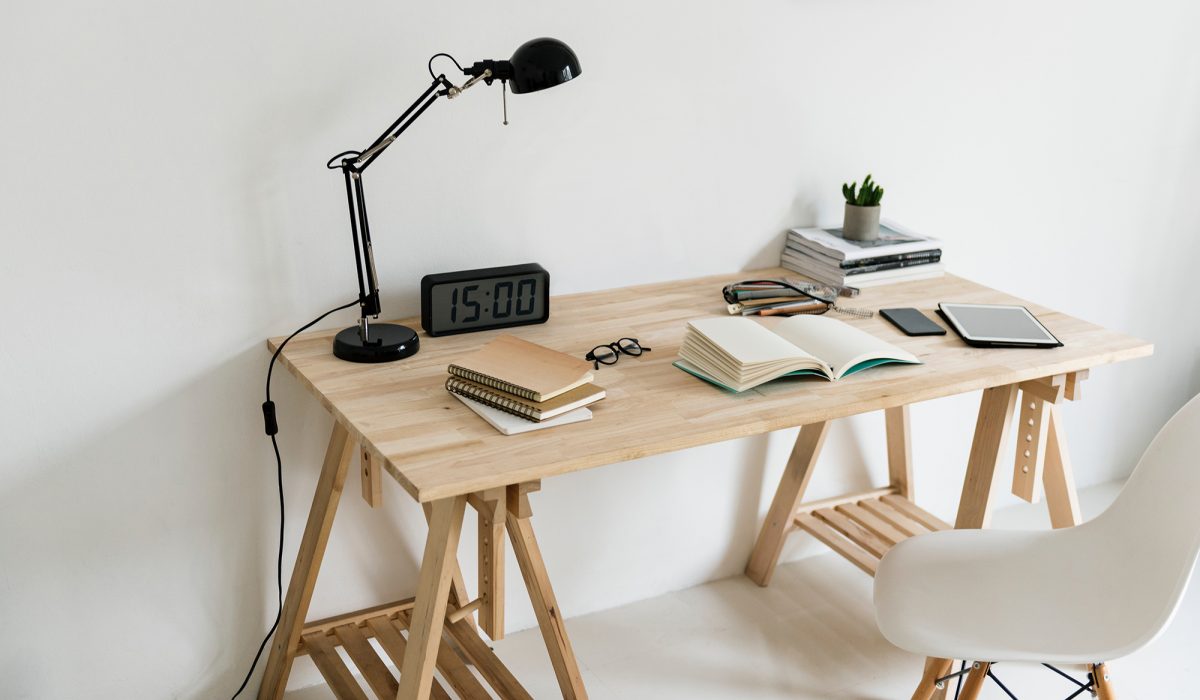If you ask our Handmade designers and producers what their favourite part of running a small business is, they will almost all say their creative time. There really isn’t anything better than making an idea come to life using your skills and knowledge and pushing boundaries to innovate, whether it’s in ceramics, textiles, metal or woodwork, food production or wine & spirit making.
On the other side of the coin, when asked what their least favourite part is, it is almost certainly the admin. Invoicing, staff management and those pesky but necessary things like insurance, OH&S and certification. So here is a very rough guide to some of the things you might need to be thinking about, that are not exciting, but definitely necessary for the health of a small business.

INSURANCES
PUBLIC & PRODUCT LIABILITY INSURANCE
What would you do if someone tripped over a cable on your stall at a market and hurt themselves? To cover eventualities like these, you need Public Liability Insurance. What if you’re a food producer and a contaminant in your food leads to people being unwell? Or you leave a pin in a garment that hurts someone? Product Liability Insurance is what you need. Most liability insurance policies cover these unexpected situations (and more) and is essential if you’re selling to the public. Often, the long term success of a business is based on its ability to survive hiccups caused by unforeseen circumstances. Be sure to look at our Exclusive Partner Offers for discounts on insurance.
PROPERTY & CAR INSURANCE
Working from your studio, production facility or office requires insurance to cover damage to its building and contents. We all have home and contents insurance for our own homes and places of work should be no different. The same applies to business vehicles.
The above insurances are the bare minimum that any small business requires and as such, are covered in packages called Business Owner Policies (BOP). These policies bundle together basic insurance coverages. Often it’s an idea to take this as a basic and then decide where you need further cover. Some examples of additional insurance coverage that you might require could include the following:
CYBER INSURANCE
If you are selling online, cyber insurance might be worth looking at as well. This protects your online store from internet based risks and security threats such as hacking, ransomware and data theft.
INCOME PROTECTION INSURANCE
For most small business owners time off is time unpaid, so it is very important that you are covered for eventualities such as sickness. An income protection policy will help to tide you over while you are getting back on your feet.
WORKERS COMPENSATION
Employees need to be covered for accidents etc. making this insurance mandatory in all states for anyone who employs staff.
It is a minefield to try and decide exactly what you need. Your options for exact insurance cover will depend very much on who you talk to and what they are trying to sell. To help you with making the correct choices, an insurance broker is the simple option. Many insurance brokers deal with small business issues and can advise you on the best course of action and the best policies to buy. Head to the National Insurance Brokers Association (NIBA) website to find out more and click on “Find a Broker.”
OH&S
Large businesses send their staff on workplace health and safety courses so they are aware of the safety issues affecting the premises. This isn’t a bad idea for small businesses either. Being aware of the best ergonomic seating, light levels, ventilation and trip hazards in your own studio or workplace will improve its quality and functionality.
FOOD CERTIFICATION
If you are selling food or drinks, there are permits and certificates that need to be secured before you sell and regulations you need to comply with. These are different for each state, so you need to make sure you have checked. For Canberra, you need to display a food business registration certificate on your stall and make sure you appoint a food safety supervisor. You might also need a food safety supervisor certificate. You will need to check the current guidelines for Food Stalls with ACT Health.
LIQUOR LICENCES
For the sale of liquor (in the ACT) your staff need to be ACT RSA Certified and your liquor permit must be displayed on your stall. You will need a letter of support from the venue you are selling at (EPIC for example) and then use it to apply for an event permit. Don’t forget that you need to decide whether to apply for an on premise (by the glass) permit or an off premise (bottle) permit or both.
While admin isn’t as creative as we would like it to be, it is the backbone of a small business and essential to ensure the long term future of a brand. Investing in the correct insurances and certifications will give you peace of mind so that you can get on with the real business of making beautiful products.
For other tips on running your creative small business, head over to our Brandmade blogs.